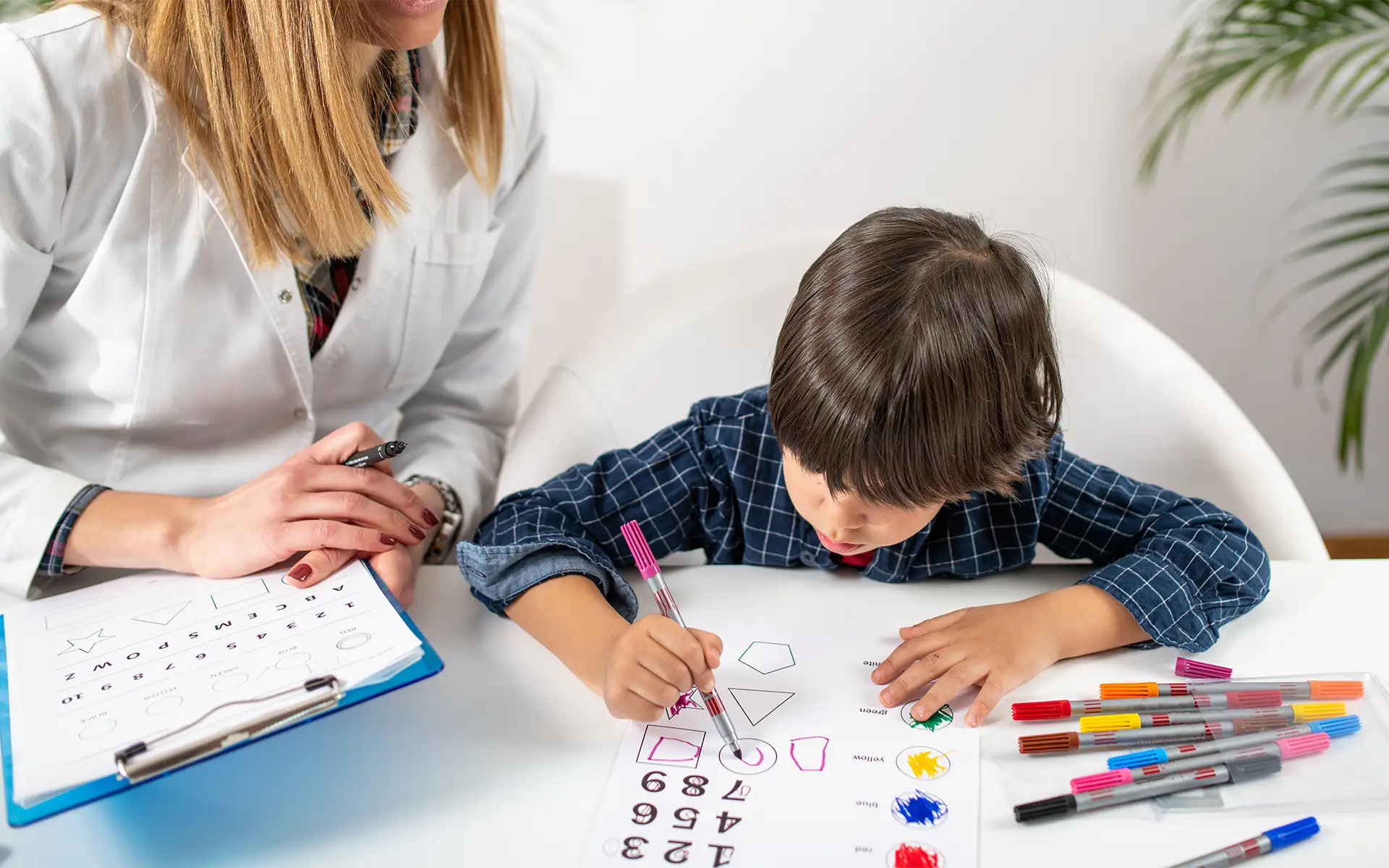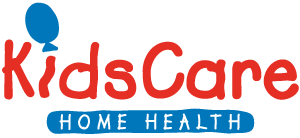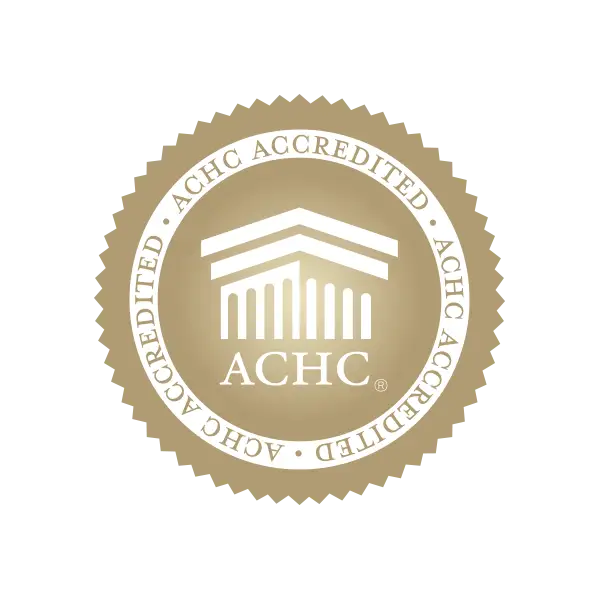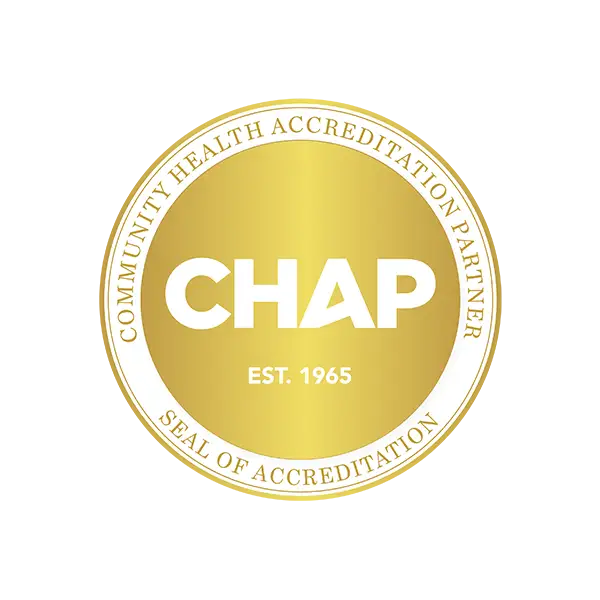
As parents or caregivers, we often wonder if our child is meeting milestones “on time” or progressing as expected. While children grow and develop at their own unique pace, a developmental assessment can provide a comprehensive understanding of their strengths, areas for improvement, and specific needs. These assessments are a cornerstone for creating personalized intervention plans in pediatric therapy.
Understanding Developmental Assessments
A developmental assessment is a structured evaluation used to observe and measure a child’s abilities in various domains, including:
- Physical development: Gross motor (e.g., crawling, walking) and fine motor (e.g., grasping, writing) skills.
- Cognitive development: Problem-solving, memory, and learning skills.
- Language and communication skills: Understanding and using verbal and nonverbal language.
- Social and emotional development: Interactions with others, emotional regulation, and adaptability.
- Self-help/adaptive skills: Daily living activities such as dressing, feeding, and hygiene.
These assessments are typically conducted by pediatric therapists, psychologists, or other trained professionals to identify delays or challenges and help guide intervention strategies.
Why Are Developmental Assessments Important?
Here are four reasons why developmental assessments are important:
- Early Identification: Early detection of developmental delays can lead to timely interventions, improving outcomes for the child.
- Personalized Support: Assessments provide a detailed picture of a child’s abilities, helping therapists create tailored therapy goals.
- Tracking Progress: Regular assessments can monitor a child’s progress and adjust treatment plans as needed.
- Parental Guidance: Parents receive valuable insights into their child’s development and ways to support growth at home.
When Should a Developmental Assessment Be Considered?

While pediatricians often conduct routine screenings during well-child visits, a developmental assessment may be recommended if:
- Parents or caregivers notice developmental delays.
- A child has difficulty meeting key milestones (e.g., walking, speaking, or interacting with others).
- Concerns are raised about behavior, sensory processing, or learning challenges.
- There’s a medical condition associated with developmental delays, such as cerebral palsy or Down syndrome.
The Role of Pediatric Therapists in Developmental Assessments
Occupational therapists, physical therapists, and speech-language pathologists often play a crucial role in the developmental assessment process:
- Occupational Therapists (OTs): Focus on fine motor skills, sensory processing, and self-care tasks.
- Physical Therapists (PTs): Evaluate gross motor skills, posture, and strength.
- Speech-Language Pathologists (SLPs): Assess communication abilities, language comprehension, and articulation.
Therapists use standardized tests, observations, and parent interviews to get a well-rounded view of the child’s abilities.
What Happens After a Developmental Assessment?

Once the assessment is complete, therapists or evaluators will:
- Provide a detailed report outlining findings.
- Offer recommendations for therapy, activities, or further evaluations.
- Collaborate with parents to set realistic goals and develop an intervention plan.
Supporting Your Child's Development
At KidsCare Home Health, we understand the importance of helping children reach their full potential. If you’re concerned about your child’s development or would like to learn more about our therapy services, we’re here to help. Our website offers a Developmental Milestones self-assessment sheet for children starting at 1 month and following through to 5 years old, which is free to download! Whether you’re gearing up for your child’s next Pediatrician appointment, or curious as to what milestones your child should be hitting at what age, head over to our website and download the Developmental Milestones flyer or go to our Education page. Together, we can create a brighter future for your child through compassionate, expert care.
Contact Us Today
Contact us today to learn more about developmental assessments and how they can improve your child’s life!















